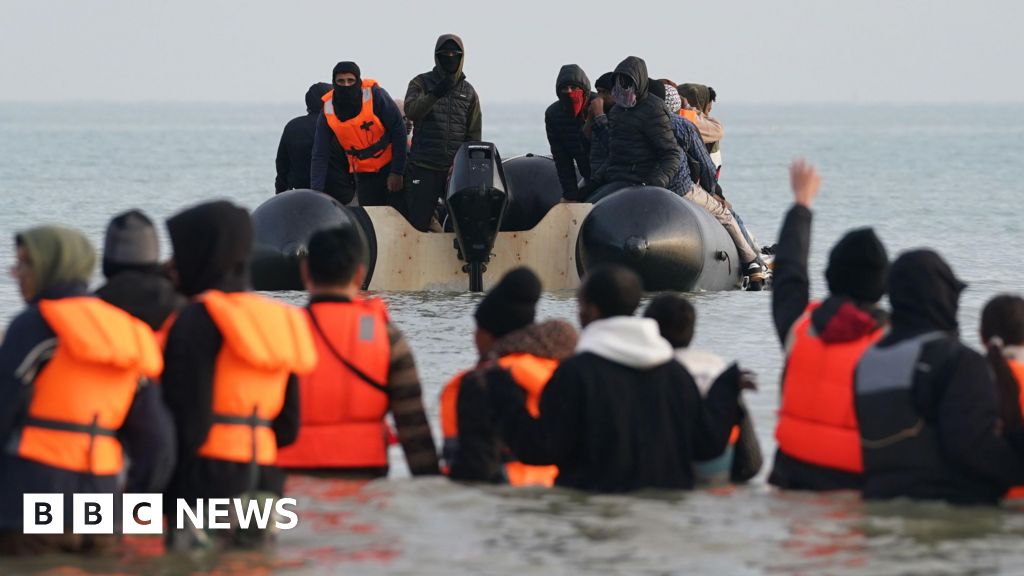Understanding the Phenomenon of Channel Crossings: Small Boat Arrivals and Their Origins
In recent years, the issue of small boat crossings in the English Channel has become a focal point in immigration discussions. The journeys undertaken by individuals seeking safety and better opportunities often evoke a mix of concern and empathy. This article delves into the complexities of small boat arrivals and the factors driving these migrations.
The Surge in Small Boat Crossings
The number of small boat crossings has significantly increased, prompting authorities to take action. In 2022 alone, over 45,000 crossings were recorded, with many individuals coming from various countries. This trend raises questions about the underlying causes of such migrations.
Key Factors Driving Migrations:
Profile of Migrants
The profiles of those undertaking these dangerous crossings are diverse. While some are young adults seeking a fresh start, others include families with children. Many migrants hope to reach the UK, often driven by the perception of better prospects and support systems.
The Role of Smugglers
In the backdrop of these crossings, smugglers play a crucial role. These individuals exploit the desperation of migrants, offering dangerous and costly routes across the Channel. The criminal networks involved in human trafficking pose significant risks to the safety of those seeking asylum.
Challenges Faced by Migrants:
Government Response and Policy Implications
In response to the surge in small boat crossings, the UK government has implemented various measures to deter these migrations. This includes increased patrols in the Channel and stricter penalties for those facilitating illegal crossings. Critics argue that these measures may not effectively address the root causes of migration.
Potential Solutions:
Conclusion
The phenomenon of small boat crossings in the Channel is a multifaceted issue that reflects broader global challenges. Understanding the origins and motivations of migrants is crucial in crafting effective policies that address both humanitarian needs and national security concerns. As the world grapples with ongoing conflicts and environmental changes, the topic of migration will remain at the forefront of political discussions.
In summary, addressing the complexities of cross-Channel migration requires a balanced approach that considers the safety and dignity of migrants while ensuring the security of nations. The journey of individuals seeking a better life deserves not only attention but also compassion and understanding from governments and societies alike.










